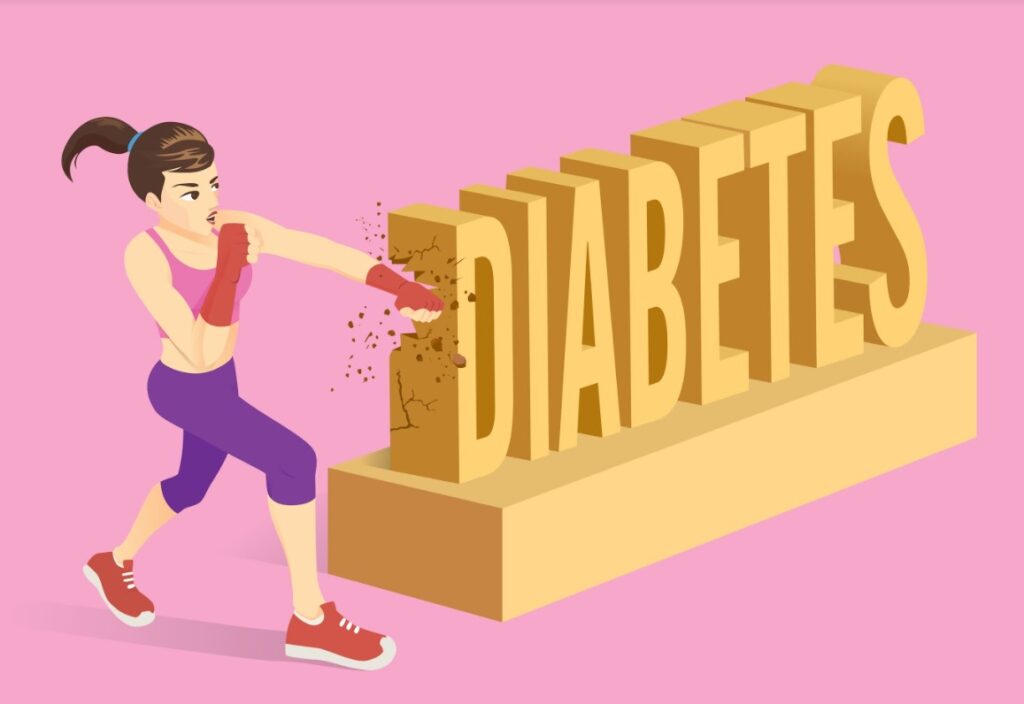Sight is one of the most important senses. It allows you to experience the world in all its glory alongside your hearing, smell, taste, and touch.
Most adults begin to develop issues with their eyesight around the age of 40. Although worsening vision is seen as a natural part of aging, it does not mean that you can’t do things to slow down this process.
It’s important to get regular eye check-ups by a Utah eye doctor, particularly if you are worried about your eyesight or if you feel that your eyesight has recently deteriorated significantly. The eye doctor will perform a full assessment of your eyes to determine if any intervention is necessary.
In between getting your regular eye checks, there are lots of great things that you can do to optimize your eyesight and keep your eyes as healthy as possible.
Focus On Your Nutrition
We’ve all heard the saying that ‘carrots make you see in the dark’. Although this is not completely correct, there is a small amount of truth in this statement.
The reason people say that carrots help you see in the dark is that carrots contain large amounts of beta carotene. This is a form of vitamin A, a micronutrient that is essential to your eye health.
So, eating fruits and vegetables that are rich in vitamin A, such as carrots, red and yellow peppers, and sweet potatoes, can maximize your eye function.
Vitamins that are essential for healthy eyes are vitamins C and E, copper, and zinc. All of these micronutrients can be found in abundance in a range of fruits and vegetables, as well as some whole grains and animal-based products.
Vitamins C and E act as antioxidants in the body. They help to reduce the amount of oxidative damage that can occur in the body’s cells, and that includes the cells found within your eyes.
Oily fish is also a great source of nutrients for your eyes. They contain lots of polyunsaturated and monounsaturated fatty acids (omega-3s and omega-6s), such as DHA and ALA. These fatty acids are essential for the growth and repair of the cell membranes in your eyes.
Manage Chronic Conditions
Managing any chronic conditions that you suffer from is vital to preventing the degeneration of the eyes and associated vision loss.
Regular movement can help to manage symptoms and prevent the progression of cardiovascular disease, obesity, and type 2 diabetes, all of which have been linked to poor eye health.

Heart disease can lead to hypertension (high blood pressure), which can cause damage to the tiny vessels that supply the eyes. Being overweight is also linked to hypertension.
For those with type 2 diabetes, the high circulating blood sugar levels can also cause damage to small blood vessels that supply the eyes and any surrounding muscles. This can lead to the development of diabetic retinopathy.
Practice Eye Exercises
Believe it or not, your eye muscles need to be exercised just like every other muscle in your body. If you want to maintain healthy eyes and great vision, you should be training the small muscles that support your eyes every day.
When you first wake up each morning or just before you go to sleep at night, make sure to move your eyes through their full range of movement. Take them from side to side, look up and down, and do some eye rolls in both directions.
Grab a pen and place it in line with your eyes at arm’s length. Slowly bring the pen closer to you until it is around six inches from your eyes, maintaining eye contact with it at all times.
If you stay consistent with this practice, you will start to notice that your eyes feel less tired and you may be able to concentrate more easily.
Rest Your Eyes
Just like every other part of your body, your eyes need a rest. Sometimes, just closing your eyes for a few minutes can give them a much-needed break.
It’s also important to give your eyes a break from blue light-emitting screens, such as computers and laptops, phones, tablets, and televisions.
Most people spend a large part of their days staring at these screens. Over time, the blue light that they emit can cause damage to the cells in your eyes and may contribute to weakening vision.
If possible, give your eyes at least 1-2 hours a day where they are not exposed to any blue light. Go outside for a walk and leave your phone at home. Do some yoga in your bedroom without the distractions of the television or laptop screens.
Quit Smoking
Aside from the many other negative effects that smoking has on your body, cigarettes can increase your risk of developing cataracts and age-related macular degeneration, and they can even contribute to blindness.
Smoking can also lower the number of nutrients that reach the eyes, which may promote further degeneration and damage to the cells in the eyes.
Luckily, your body is extremely resilient to the damaging effects of long-term smoking. The quicker you quit smoking, the better chance your eyes have of bouncing back. The blood vessels will regenerate and more nutrients will be carried to the eyes to fuel the cells with adequate nutrition.
Get Adequate Sleep
As mentioned above, resting your eyes is extremely important. During sleep, your eyes get several hours of rest and this is necessary in order for any growth and repair to occur within the eyes.
Aim to get 6-8 hours of high-quality sleep each night. You will wake up feeling refreshed and your eyes will thank you! This is especially important if you spend a large part of your day sitting under artificial lighting using blue light-emitting screens.
